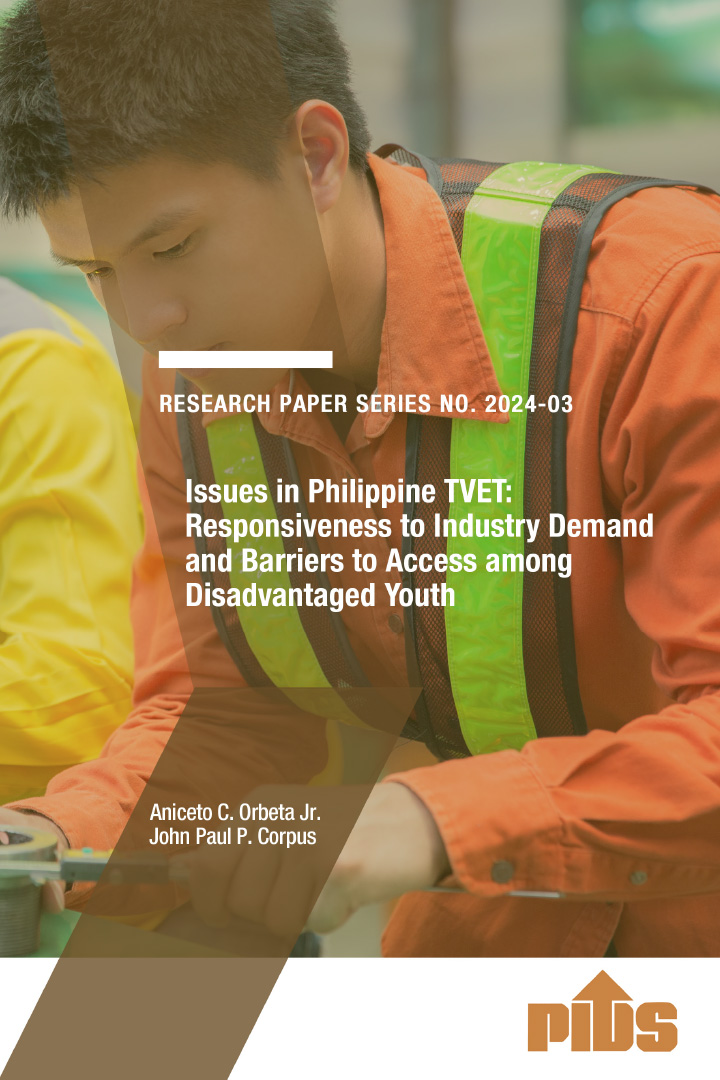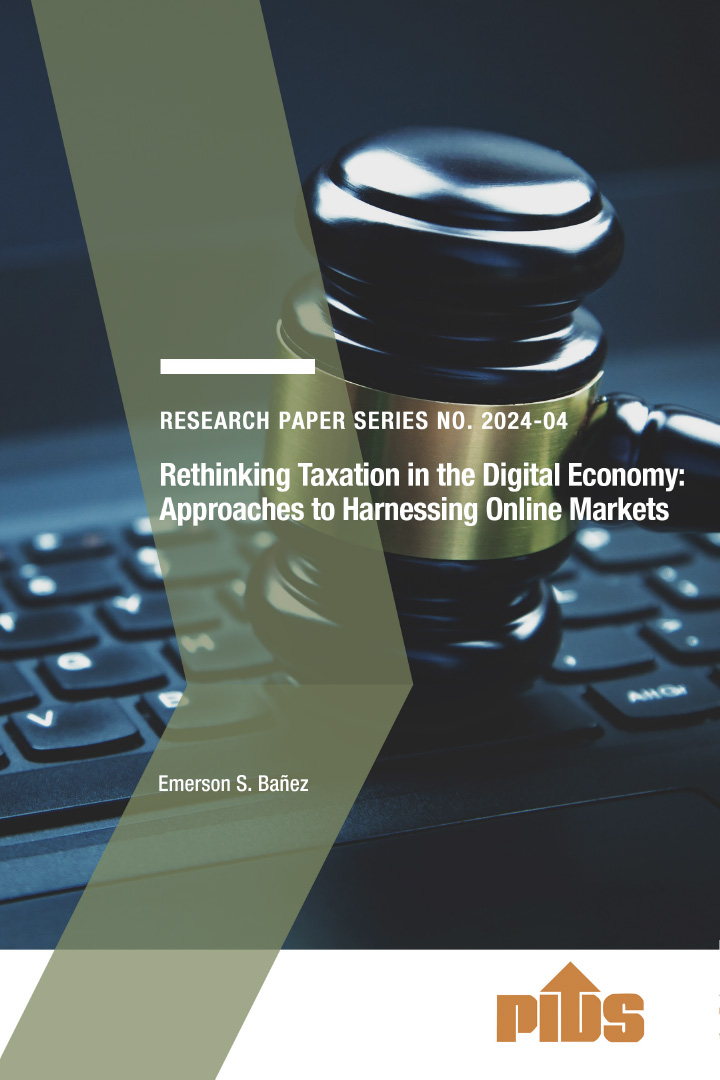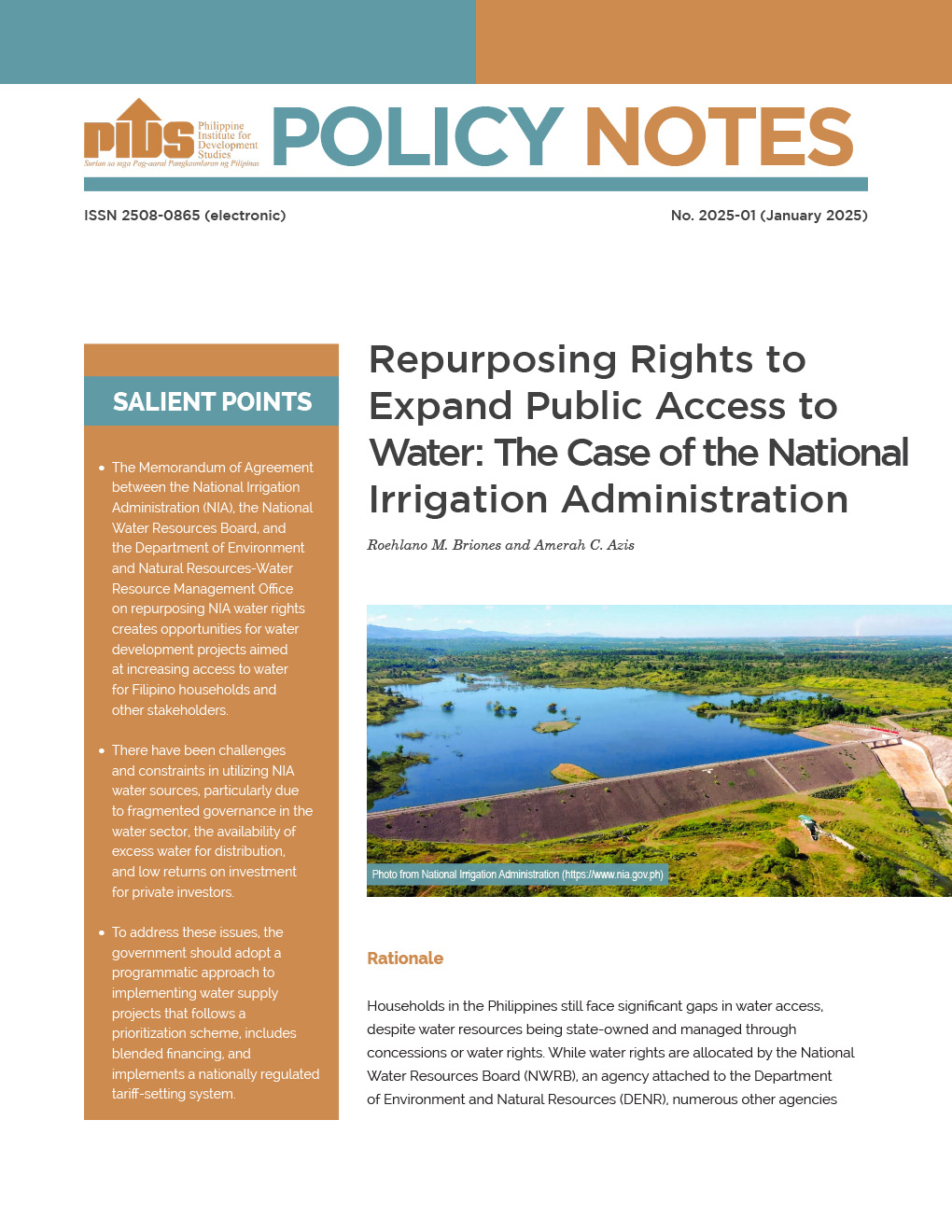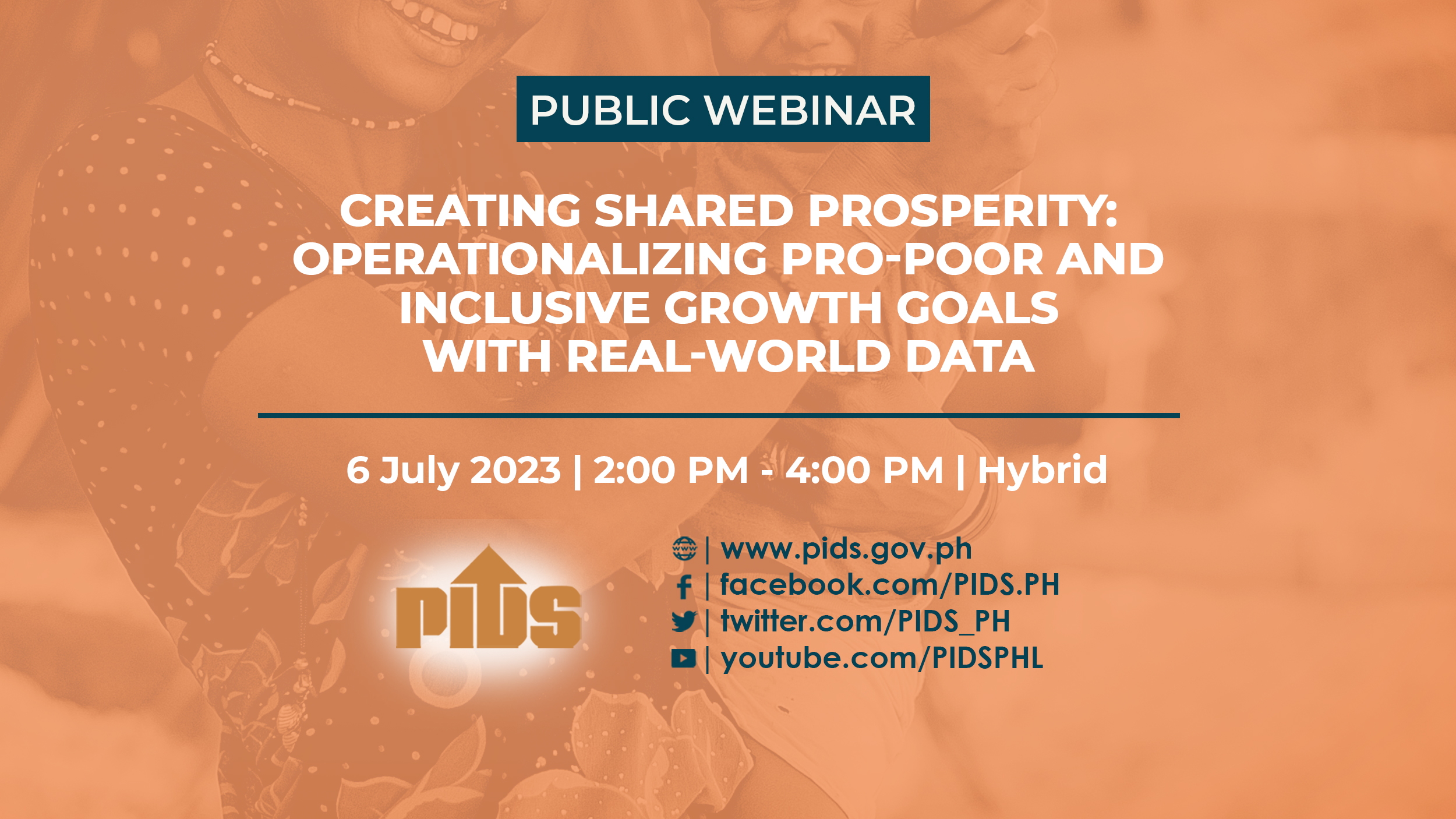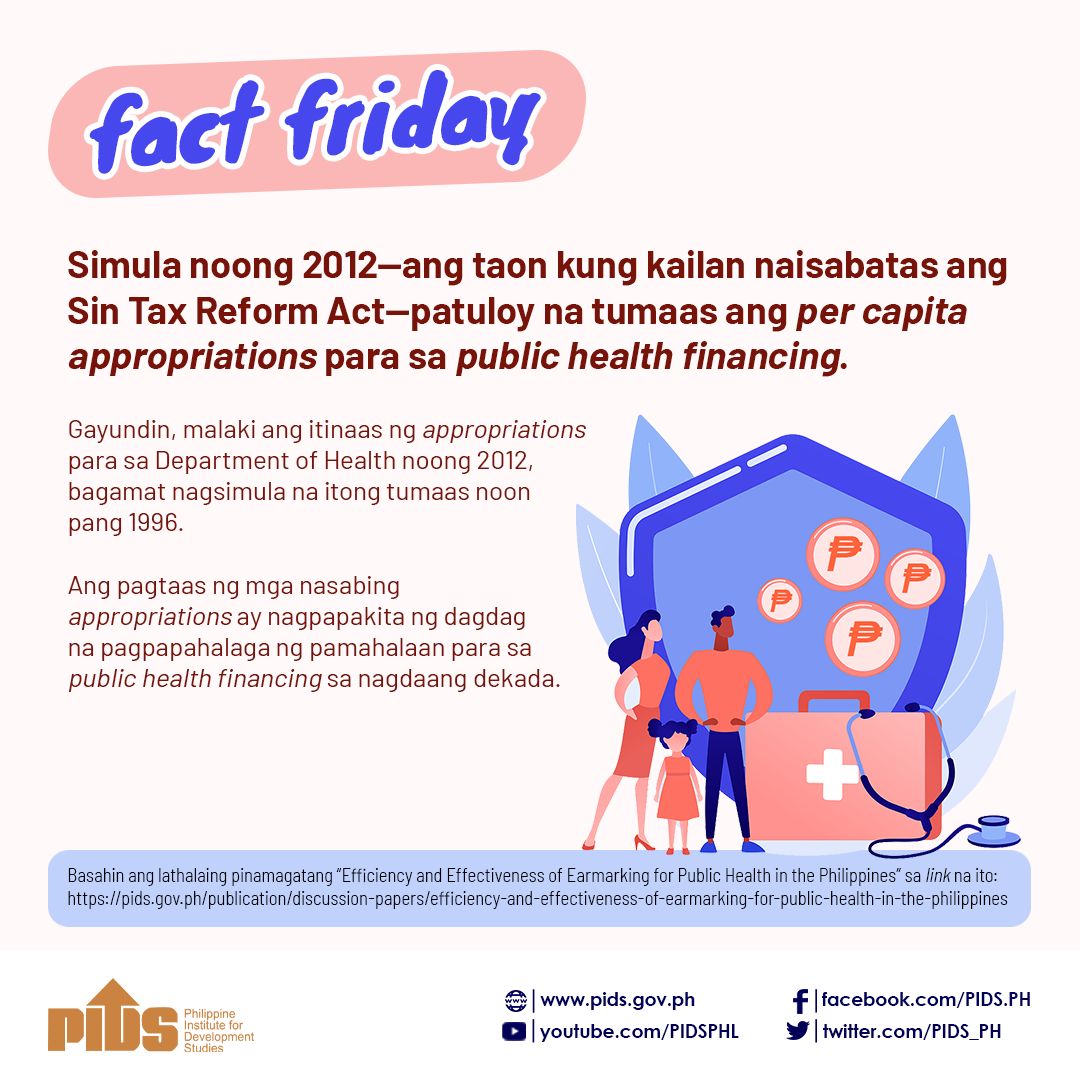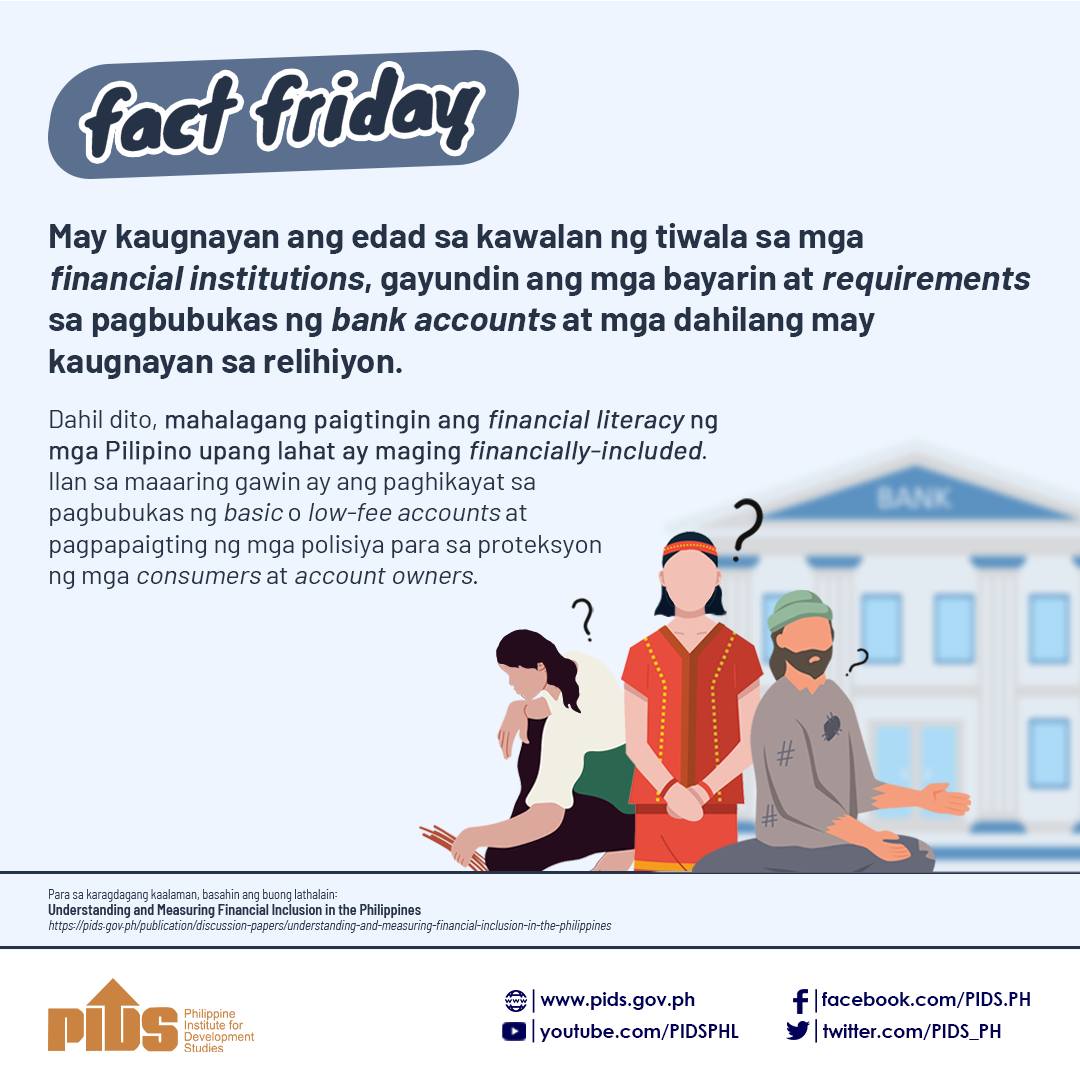The next administration should increase taxes and reform the country’s tax system so the government could hike its spending for infrastructure and social services by P900 billion a year, according to local economists and the World Bank.
In a report, the World Bank said the Philippines needs to increase its investment in the infrastructure and social services sectors by 6.8 percent of GDP, which is equivalent to P900 billion, to achieve inclusive growth.
The World Bank said this could be financed via reforms in the government’s tax administration and tax policy.
“Higher and more efficient public spending, underpinned by increased revenue mobilization, is needed to raise physical and human capital and sustain inclusive growth,” World Bank Philippines senior country economist Karl Kendrick Chua said.
“Relying solely on tax-administration reforms is not enough,” Chua added.
Former Budget Secretary Benjamin Diokno told the BusinessMirror that the country’s tax system needs to be overhauled, as it is “highly unequal.” This, he said, is crucial as the country’s tax collection is among the lowest in the region at 15 percent of GDP.
Diokno said increasing the tax collection to around 18 percent of GDP will help improve government revenues.
“In general, politicians are afraid to increase taxes. To me, the next president should be bold enough, considering that he or she will only be in office for one term,” he said.
Diokno said overhauling the tax system entails the reduction in income and corporate tax, rationalizing tax incentives, introducing new taxes or changing existing taxes.
He said the government could consider increasing property taxes and even setting a “flexible rate” for the excise tax on petroleum to ensure that the government would not lose revenues when the price of oil in the world market declines.
For his part, Eagle Watch senior fellow Alvin Ang said the overhaul of the tax system should also include improving the collection of taxes from small firms. Citing his own experience, Ang said small firms have difficulties paying taxes because they are not familiar with the system.
If the next administration can address these problems in the tax system, Ang said the government will be able to raise enough funds to erase its social-service spending backlog.
He said that while the government’s spending for education doubled, health tripled, social protection quadrupled, and budget for infrastructure increased sixfold between 2010 and 2016, these are not enough. Many decades of underinvestment, Ang said, created a huge backlog in social-service spending, which will take time to address.
The World Bank said the government must consider the removal of value-added tax measures that are not backed up by “clear economic rationale” and to index rates and valuations to inflation.
In a recent forum, experts from the Philippine Institute of Development Studies (Pids), Department of Finance, and Tax Management Association of the Philippines were all in agreement that the country’s tax system needs reform.
The country’s Personal Income Tax (Pit), specifically, has not been updated since the 1997. This has resulted in what is called “bracket creep” where low-income taxpayers “hurt more” than their high-income counterparts.
Bracket creep, Pids senior research fellow Rosario G. Manasan said, has occurred because of the “non-indexation” to inflation of Pit brackets.
This means that the coverage of each tax bracket does not take into consideration the current value of the peso. Manasan said this presents a problem because the current value of the Philippine peso, using the 2014 Consumer Price Index (CPI), is already less than half of its value in 1998.
This means that an annual income of P210,000 a year in 2014 is only equivalent to P105,000 in 1998.
With this, taxpayers earning P210,000 should only be paying P15,500 worth of tax, or 14.8 percent, instead of P40,000, or 19 percent.
In a report, the World Bank said the Philippines needs to increase its investment in the infrastructure and social services sectors by 6.8 percent of GDP, which is equivalent to P900 billion, to achieve inclusive growth.
The World Bank said this could be financed via reforms in the government’s tax administration and tax policy.
“Higher and more efficient public spending, underpinned by increased revenue mobilization, is needed to raise physical and human capital and sustain inclusive growth,” World Bank Philippines senior country economist Karl Kendrick Chua said.
“Relying solely on tax-administration reforms is not enough,” Chua added.
Former Budget Secretary Benjamin Diokno told the BusinessMirror that the country’s tax system needs to be overhauled, as it is “highly unequal.” This, he said, is crucial as the country’s tax collection is among the lowest in the region at 15 percent of GDP.
Diokno said increasing the tax collection to around 18 percent of GDP will help improve government revenues.
“In general, politicians are afraid to increase taxes. To me, the next president should be bold enough, considering that he or she will only be in office for one term,” he said.
Diokno said overhauling the tax system entails the reduction in income and corporate tax, rationalizing tax incentives, introducing new taxes or changing existing taxes.
He said the government could consider increasing property taxes and even setting a “flexible rate” for the excise tax on petroleum to ensure that the government would not lose revenues when the price of oil in the world market declines.
For his part, Eagle Watch senior fellow Alvin Ang said the overhaul of the tax system should also include improving the collection of taxes from small firms. Citing his own experience, Ang said small firms have difficulties paying taxes because they are not familiar with the system.
If the next administration can address these problems in the tax system, Ang said the government will be able to raise enough funds to erase its social-service spending backlog.
He said that while the government’s spending for education doubled, health tripled, social protection quadrupled, and budget for infrastructure increased sixfold between 2010 and 2016, these are not enough. Many decades of underinvestment, Ang said, created a huge backlog in social-service spending, which will take time to address.
The World Bank said the government must consider the removal of value-added tax measures that are not backed up by “clear economic rationale” and to index rates and valuations to inflation.
In a recent forum, experts from the Philippine Institute of Development Studies (Pids), Department of Finance, and Tax Management Association of the Philippines were all in agreement that the country’s tax system needs reform.
The country’s Personal Income Tax (Pit), specifically, has not been updated since the 1997. This has resulted in what is called “bracket creep” where low-income taxpayers “hurt more” than their high-income counterparts.
Bracket creep, Pids senior research fellow Rosario G. Manasan said, has occurred because of the “non-indexation” to inflation of Pit brackets.
This means that the coverage of each tax bracket does not take into consideration the current value of the peso. Manasan said this presents a problem because the current value of the Philippine peso, using the 2014 Consumer Price Index (CPI), is already less than half of its value in 1998.
This means that an annual income of P210,000 a year in 2014 is only equivalent to P105,000 in 1998.
With this, taxpayers earning P210,000 should only be paying P15,500 worth of tax, or 14.8 percent, instead of P40,000, or 19 percent.

